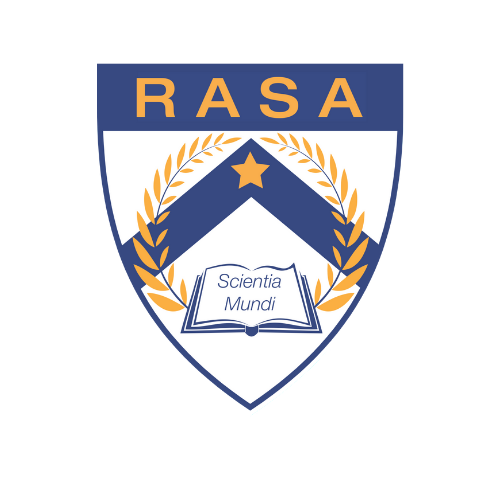The International Baccalaureate
Primary Years Program (IB-PYP)
IB learners strive to become:
Inquirers
Knowledgeable
Thinkers
Communicators
Principled
Open-minded
Caring
Risk-takers
Balanced
Reflective
The IB Primary Years Program
Addresses students’ academic, social, and emotional well-being
Encourages students to develop independence and to take responsibility for their own learning
Supports students’ efforts to gain understanding of the world and to function comfortably within it
Helps students establish personal values as a foundation upon which international-mindedness will develop and flourish
About International Baccalaureate
Education for a Better World
Founded in Geneva, Switzerland, in 1968, the International Baccalaureate (IB) is a nonprofit educational foundation offering high-quality programs of international education to a worldwide community of schools. The International Baccalaureate® aims to do more than other curricula by developing inquiring, knowledgeable, and caring young people who are motivated to succeed.
Every school authorized to offer IB programs is known as an IB World School.
The IB–Primary Years Program (PYP) is designed for students ages 3–12.
The IB in Action at RASA:
A Case Study
“Every year the units are different because the kids are different. They bring unique experiences, questions, and ideas to a unit. The IB structures allow me to adapt each lesson and unit to the students I have in my class. I have the flexibility to meet educational standards while also following my students’ interests. I love seeing the kids engage with the lessons and take ownership of their learning.”
— Fifth Grade Teacher
5th Grade: Government
Theme: How We Organize Ourselves
Central Idea: The formation and development of a government helps to shape and organize society
Lines of Inquiry:
Types of government
The purpose of government
How documents establish and support a government
Protections of rules and laws
Student Questions:
What different types of government exist?
What is it like working in government?
What is the responsibility of a government?
Why do people vote?
Is the government responsible if the economy drops?
How does someone become a citizen?
What is the difference between a monarch and a dictator?
After studying governments around the world and formation of the United States government for six weeks, recent Fifth-Grade students decided to create their own government. They created a student government based on the parliamentary democracy they had studied. They wrote a constitution and held elections for government leaders. For the rest of the year they used their government to enact positive change for the school. They implemented a recycling program for the lunchroom and planned school activities.
The IB program encourages and enables student agency. The students feel empowered to take action and use their education to improve their world. They show pride in their school community and take ownership in their education because they have the opportunity to apply their learning in their own lives.



